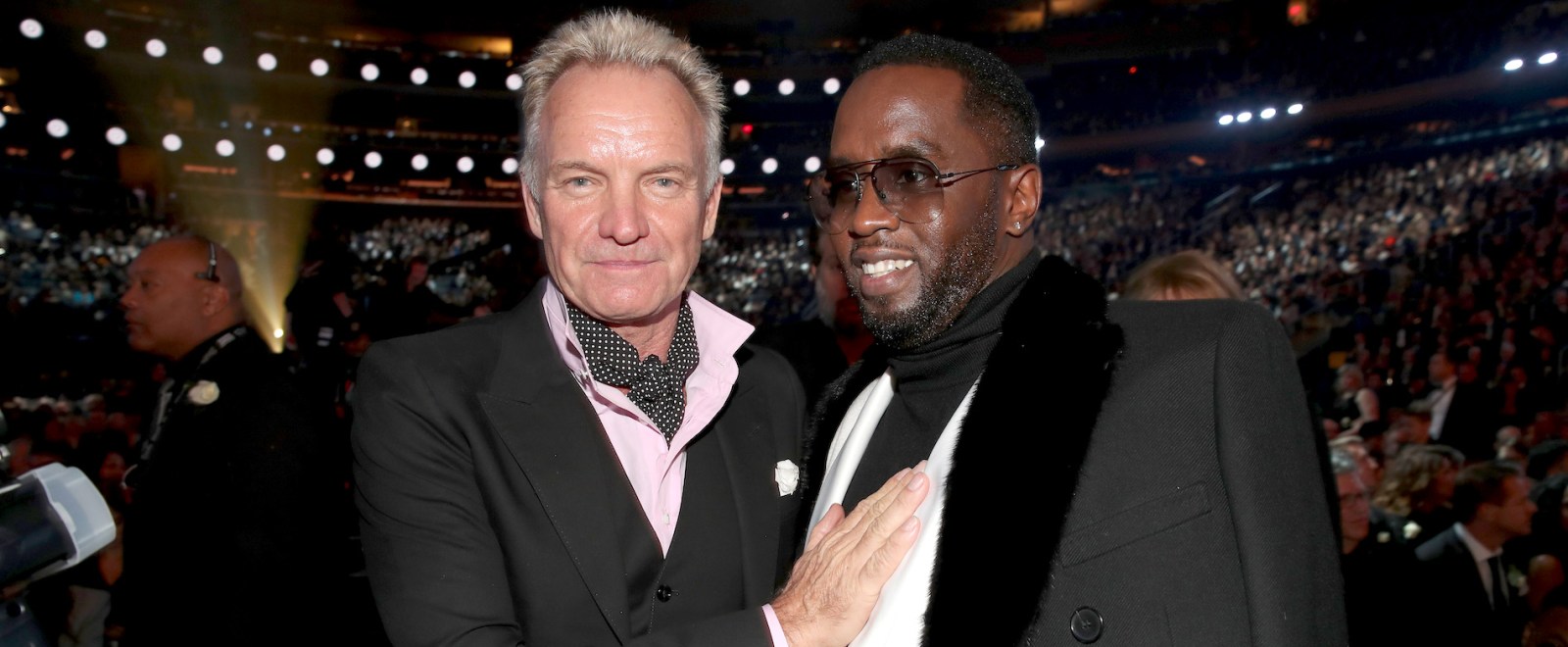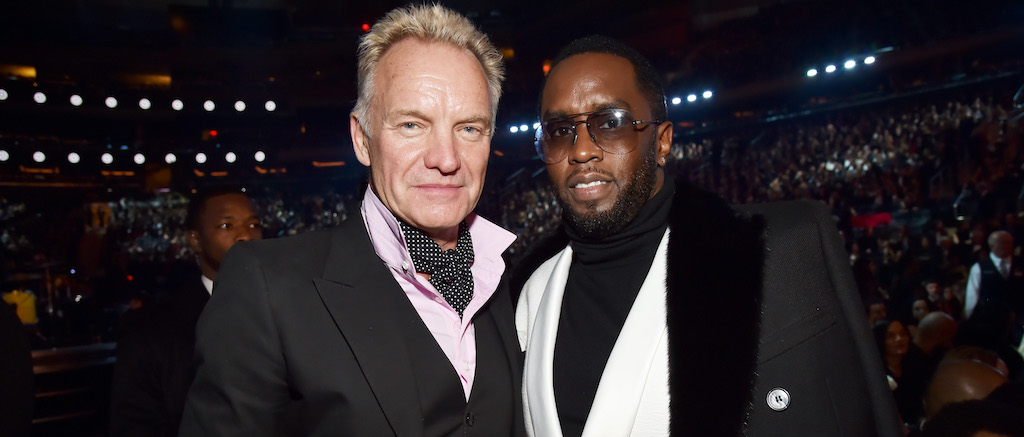The business of samples can often be pricey. Artists like Danny Brown have admitted to being in the red after trying to clear records but if you’re Diddy, then chances are that you have all of the funds necessary to sample any song in the world. Still, it can be costly. Earlier this week, an old video surfaced from Sting’s interview on The Breakfast Club where he said that he gets paid $2,000 a day for Diddy’s “I’ll Be Missing You,” a tribute song to the Notorious B.I.G featuring Faith Evans and 112.
As the Internet reacted to the outrageous number that Diddy has to cough up for the rest of his life, the Bad Boy founder upped the ante. He said that he actually pays Sting over double what was mentioned on The Breakfast Club. “Nope. $5K a day,” he wrote before showing love to Sting. According to calculations, Diddy coughed up nearly $47M to Sting between the song’s release in 1997 and now. Ultimately, that doesn’t seem like it would be too much of an issue, given Puff’s billionaire status.
Diddy Clarifies Sting’s Royalties
While people were left in shock by the potential $5K a day Diddy has to cough up, the “Gotta Move On” artist said that he was “just joking.” He took to Twitter where he explained that he was being “facetious” in response to the 2018 Breakfast Club clip. “I want y’all to understand I was joking! It’s called being Facetious! Me and @OfficialSting have been friends for a long time! He never charged me $3K or $5K a day for Missing You. He probably makes more than $5K a day from one of the biggest songs in history,” he said.
So far, Sting hasn’t corroborated these claims but it’s quite clear that he’s still getting paid. The Police’s “Every Breath You Take” has been sampled across many hip-hop records throughout history. Though “I’ll Be Missing You,” as Diddy stated, is one of the most recognizable songs ever, RZA also sampled the record on 2003’s “Seul Face Å Lui.” We’ll keep you posted if Sting ever replies. Check out Diddy’s tweet above and let us know your thoughts in the comments.














